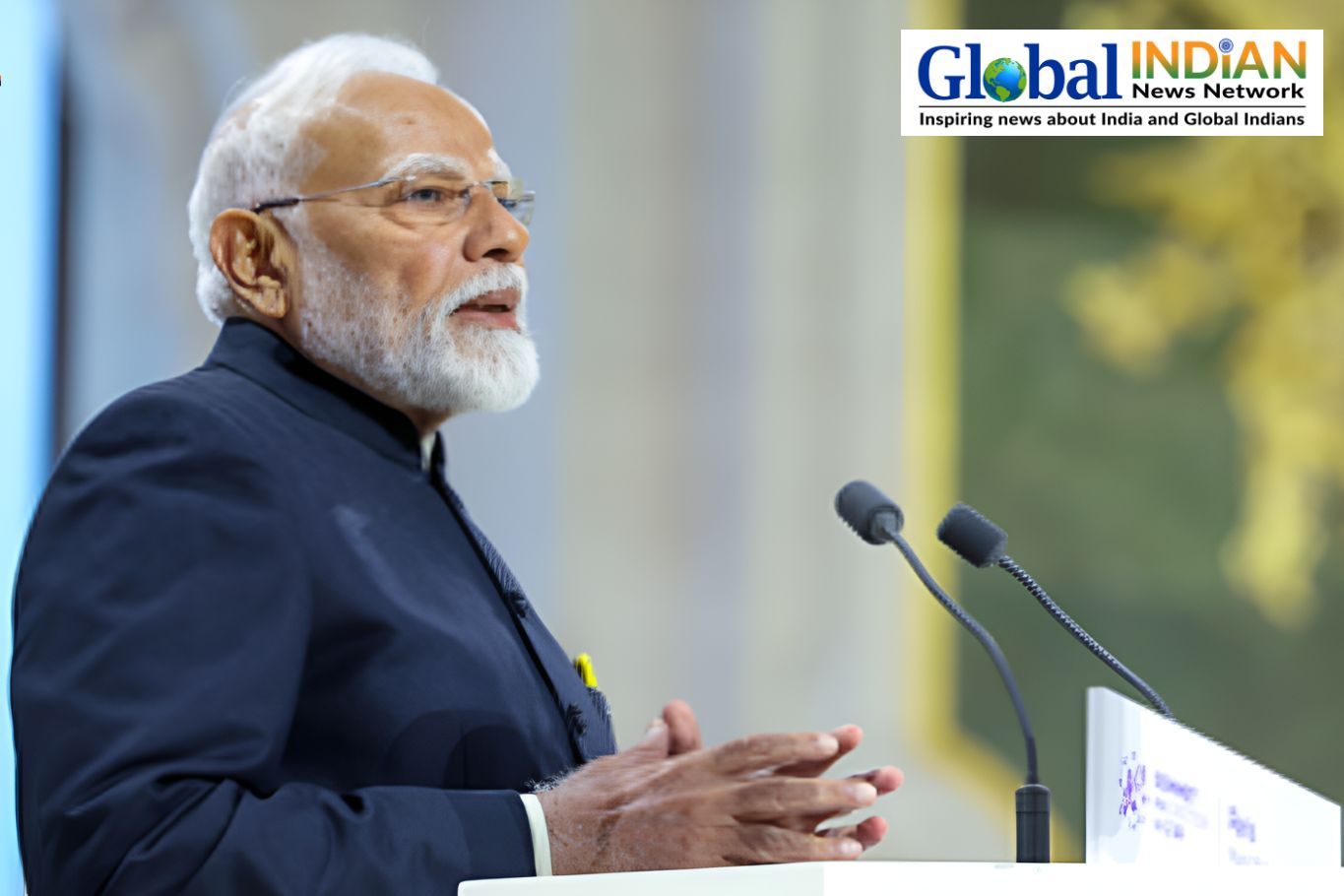
Tata Electronics Ltd, in a move aimed at enhancing India’s semiconductor capabilities, has commenced exporting semiconductor chips packaged at a pilot line located in its Bengaluru-based research and development center, as per sources familiar with the matter. Additionally, the company is nearing the final stages of successfully completing the design process, known as tape-out, for semiconductor chips in various nanometer nodes, including 28, 40, 55, and 65 nm.
According to sources, after undergoing multiple rounds of testing and refinement, some of these chips are being sent to select customers for feedback and testing, with commercial production scheduled for 2027. The chips being packaged and exported by Tata Electronics are versatile and can be utilized in various products, as they have not been specifically tailored for a particular application.
Neil Shah, vice president at Counterpoint Research, emphasized the importance for Tata Group to showcase its chip designing and manufacturing capabilities to potential clients and partners ahead of the commissioning of fabs in the next few years. He suggested that Tata Electronics should establish robust processes for chip design, testing, and quality assurance to achieve global manufacturing standards.
Tata Group’s chip foundry in Dholera, in collaboration with Taiwan’s Powerchip Semiconductor Manufacturing Corporation (PSMC), aims to produce chips in leading nodes like 28 nm and 40 nm, along with legacy nodes such as 55 nm and 90 nm. Meanwhile, Tata Group is also working on an outsourced assembly and testing (OSAT) unit in Assam, which is crucial for the semiconductor value chain.
Other players in India, such as CG Power and various joint ventures, are also venturing into semiconductor assembly and testing, although experts note that these efforts may not reach the scale of established players like Micron or Tata Group.









